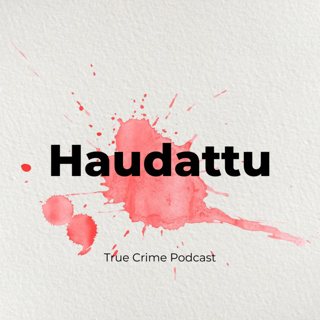
The discovery of nerve growth factor
During World War Two, Italian scientist Dr Rita Levi-Montalcini was forced to do experiments in her bedroom after being banned from universities because she was Jewish. Her experiments in that bedro...
9 Helmi 10min

My dad created Mr Men and Little Miss
In 1971, advertising writer Roger Hargreaves's eight-year-old son Adam asked him an unusual question: 'What does a tickle look like?'Inspired, Roger got out his marker pens and created an orange chara...
6 Helmi 10min

Austria's wine scandal
In 1985, government scientists discovered anti-freeze in bottles of fine Austrian wine. No one died or fell ill from drinking the poisoned wine, but the scandal nearly destroyed the country's wine-mak...
5 Helmi 10min

Jimmy Carter visits Cuba
In May 2002, former US President Jimmy Carter paid a controversial visit to Cuba, which had been subject to a US trade embargo for more than 40 years.The trip culminated in a speech, broadcast live on...
4 Helmi 10min

Cuba's Mariel boatlift
In April 1980, thousands of Cubans tried to escape the country by claiming asylum at the Peruvian embassy in Havana. In response, Cuban President Fidel Castro opened the port of Mariel to anyone who w...
3 Helmi 10min

The 'Jugroom Fort' rescue mission
In 2007, four British servicemen perched on the wings of an Apache helicopter in Afghanistan, in an audacious mission to rescue a fallen comrade. Lance Corporal Mathew Ford was part of a unit which ha...
2 Helmi 10min

Ötzi: The Iceman of Bolzano
In September 1991, two German hikers found a dead body while walking through Europe’s Ötzal Alps. It turned out to be a perfectly preserved 5,000-year-old mummy. The archaeologist Konrad Spindler ins...
30 Tammi 9min

The Kaohsiung Incident
On 10 December 1979, pro-democracy activists clashed with police in Kaohsiung, Taiwan.The incident, which happened during Taiwan's martial law period, paved the way for the transition to democracy.Rac...
29 Tammi 10min






















